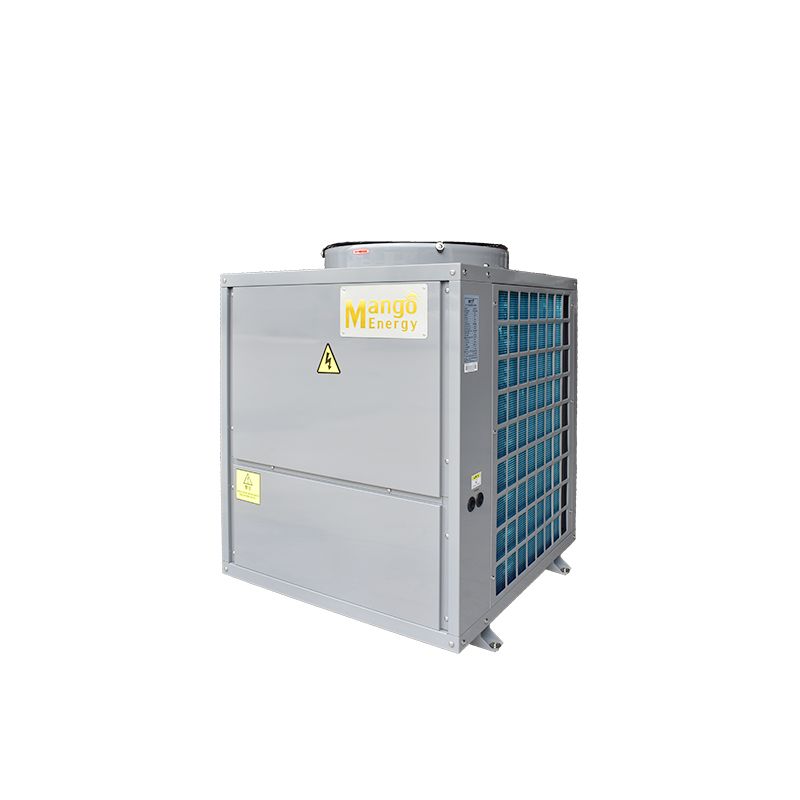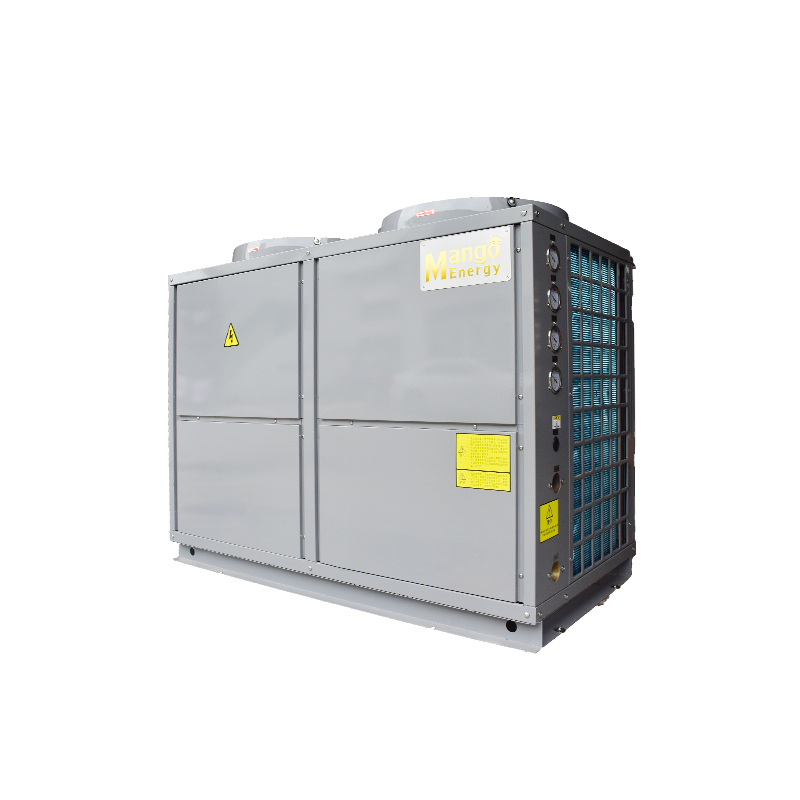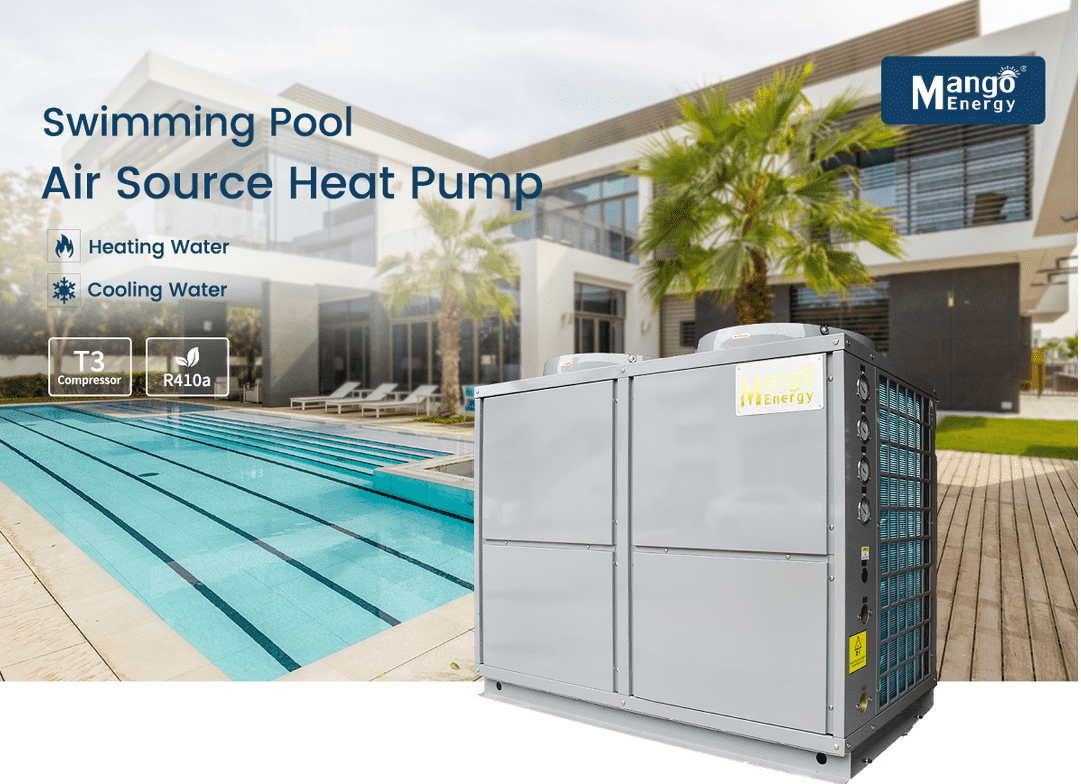
Before diving into the specifics, it's helpful to understand how a swimming pool heat pump works. Unlike traditional gas or electric heaters, heat pumps do not generate heat directly. Instead, they extract heat from the air, amplify it, and transfer it to the pool water. This process is highly energy-efficient, making heat pumps a popular choice for pool owners.
1. Consider Your Pool Size
One of the first steps in choosing the best swimming pool heat pump is to consider the size of your pool. The heat pump's capacity, measured in BTUs (British Thermal Units), should match the volume of water in your pool. A larger pool will require a heat pump with a higher BTU rating to heat the water effectively. For example:
- Small pools (up to 10,000 gallons) may need a heat pump with around 50,000 BTUs.
- Medium pools (10,000 to 20,000 gallons) typically require a heat pump with 70,000 to 90,000 BTUs.
- Large pools (over 20,000 gallons) may need a heat pump with 110,000 BTUs or more.
2. Evaluate Energy Efficiency
Energy efficiency is a crucial factor when selecting a heat pump pool heater. Look for models with a high COP (Coefficient of Performance). The COP indicates the efficiency of the heat pump; higher numbers mean better efficiency. Most modern heat pumps have a COP between 5.0 and 6.0, meaning they produce five to six units of heat for every unit of electricity consumed.
3. Check the Climate Suitability
Consider the climate in your region when choosing a swimming pool heat pump. Heat pumps operate best in warm climates but can also function efficiently in cooler climates with advanced technology. Some models are specifically designed for optimal performance in lower temperatures, so ensure you choose a heat pump suited for your local weather conditions.
4. Consider Noise Levels
Heat pumps can vary in noise levels, which might be a concern if your pool is close to living areas or neighbors. Check the decibel rating of the heat pump and opt for models known for quiet operation. Some high-quality heat pumps feature advanced noise reduction technology, ensuring minimal disruption.

5. Evaluate Ease of Installation and Maintenance
Consider the installation process and ongoing maintenance requirements. While some heat pumps for sale may offer a lower initial cost, complex installation or high maintenance can increase overall expenses. Ideally, choose a heat pump that is straightforward to install and maintain, with accessible components and clear guidelines.
6. Check for Warranty and Support
A good warranty indicates the manufacturer's confidence in their product. Look for heat pumps that come with comprehensive warranties covering parts and labor. Additionally, ensure that customer support is readily available should you encounter any issues or need assistance.

7. Compare Prices and Features
Price is always a factor, but it shouldn’t be the only consideration. Compare the features and performance of different heat pumps within your budget. Sometimes spending a little more upfront can result in better energy efficiency and lower operating costs over time.
Choosing the best swimming pool heat pump involves a careful evaluation of your pool size, energy efficiency, climate suitability, durability, noise levels, installation and maintenance ease, warranty, and overall value. By considering these factors and doing thorough research, you can find a heat pump that will keep your pool comfortable year-round while minimizing energy costs and environmental impact.



